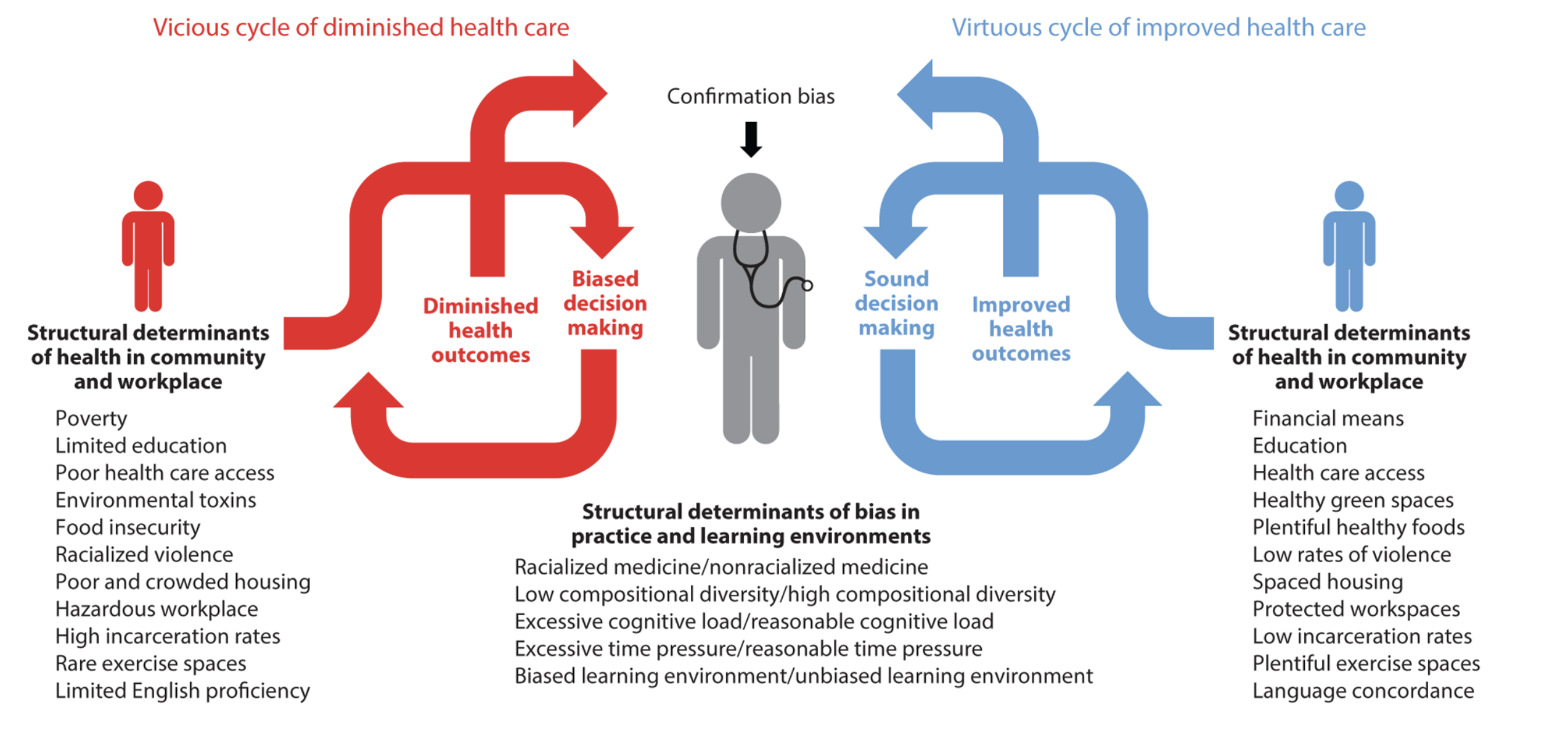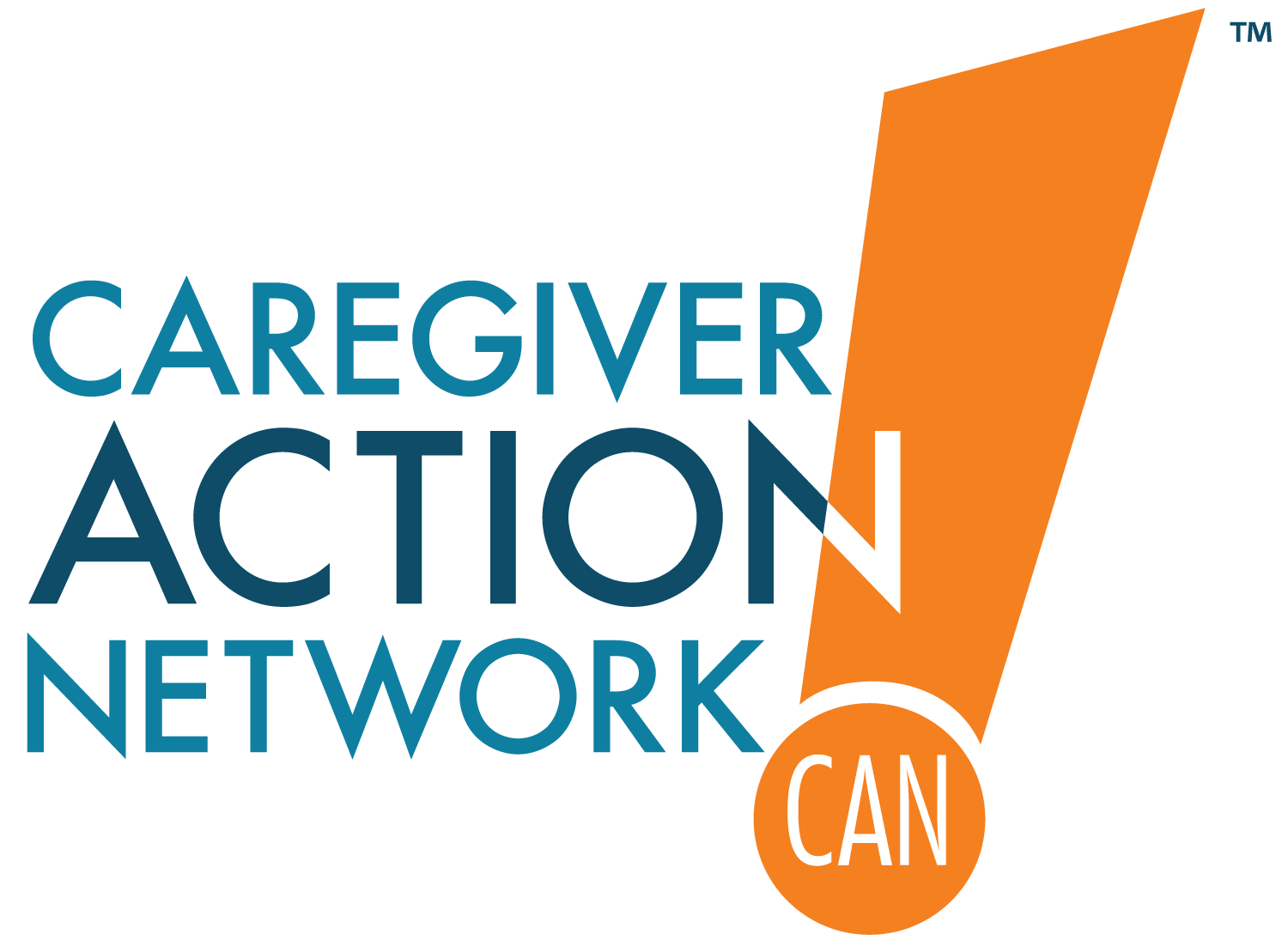
Some health care providers may hold negative explicit and implicit biases against marginalized groups of people such as racial and ethnic minoritized populations. These biases permeate the health care system and affect patients, patient–clinician communication, clinical decision making, and institutionalized practices. Addressing bias remains a fundamental professional responsibility of those accountable for the health and wellness of our populations.
Some health care providers hold negative explicit and implicit biases against racialized minorities. A similar reinforcing dynamic may exist for marginalized populations such as those who are overweight/obese, they use wheelchairs, have limited English proficiency, had mental health illness, and belonged to lower socioeconomic classes. These biases can facilitate the creation and perpetuation of discriminatory systems and practices, creating a complex feedback loop that sustains itself.
Overcoming bias in healthcare:

